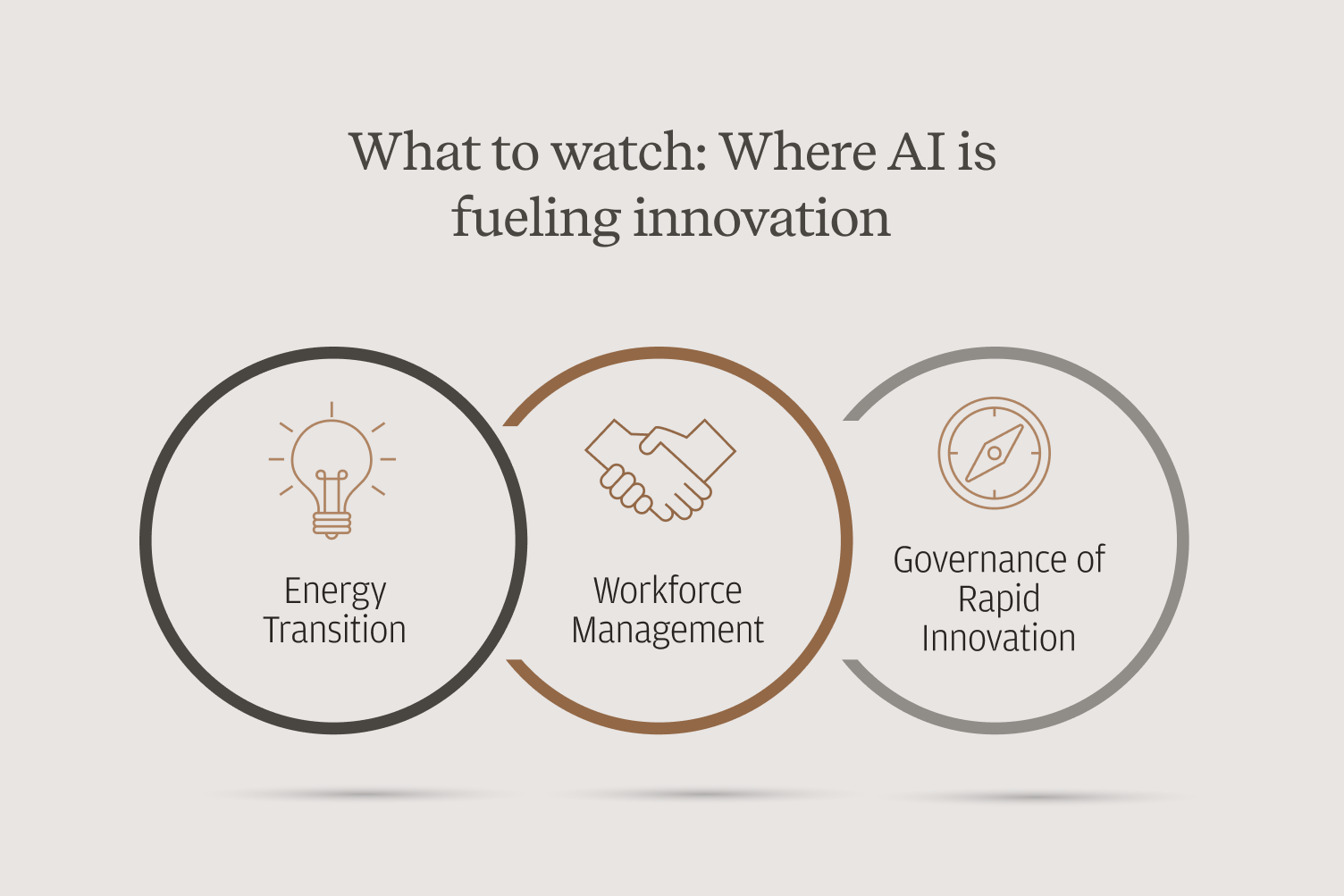:max_bytes(150000):strip_icc()/GettyImages-2152528658-14ea765b763d42d185c639b7a9d637c2.jpg)
The Impact of AI on Forex Trading: Transforming Strategies and Market Dynamics
As the global forex market continues to undergo rapid transformations, the integration of artificial intelligence (AI) emerges as a critical catalyst reshaping trading strategies and market dynamics. In recent years, AI has transitioned from a futuristic concept to an indispensable tool for traders seeking to enhance efficiency and accuracy in their operations. This article delves into how AI is revolutionizing forex trading, enhancing predictive capabilities, and fundamentally altering market strategies.

Enhanced Predictive Capabilities
AI's extensive capability to process vast data sets at unprecedented speeds allows for the identification of complex patterns and trends that traditional analysis methods may overlook. Leveraging advanced machine learning algorithms, AI can analyze historical price movements in conjunction with real-time economic indicators. This analytical prowess enables traders to extract insights that inform more strategic decision-making.
For instance, a recent study highlighted AI's remarkable accuracy in predicting currency fluctuations, often outperforming traditional models. According to a report by AI Journal, "The integration of AI technologies allows traders to transition from reactive to proactive strategies, empowering them to anticipate market shifts rather than merely respond to them" source.
Automation and Efficiency
Automation stands at the core of AI's functionality, streamlining routine trading tasks and significantly reducing transaction costs associated with forex trading. By automating repetitive processes, traders can redirect their focus toward strategic analysis and decision-making. This shift not only enhances productivity but also cultivates agility—an essential quality in the fast-paced forex environment.
A recent analysis from the CME Group indicates that transaction costs can be reduced by as much as 20% through the implementation of AI-driven automation tools, which optimize trade execution and reduce human error. As AI technologies continue to evolve, their contribution to operational efficiency is expected to grow, making them vital assets for forex traders.
Risk Management Revolution
AI's impact on risk management cannot be overstated. By utilizing sophisticated algorithms, traders can swiftly assess potential risks and recalibrate their strategies accordingly. AI systems can simulate various market scenarios and stress-test trading strategies against historical data, equipping traders with the insights necessary to mitigate potential losses.
As articulated by financial analysts at Bloomberg, "In the volatile environment of currency trading, the ability to forecast potential downturns with high accuracy is invaluable. AI's predictive capabilities enhance risk management processes, allowing traders to safeguard their investments" source.

Democratization of Trading Tools
One of the most significant advancements brought forth by AI is the democratization of sophisticated trading tools. As AI technologies become increasingly accessible, novice traders can leverage these advanced resources to enhance their trading strategies. User-friendly interfaces and personalized experiences make it easier for individuals without extensive financial backgrounds to engage in forex trading with confidence.
According to a report published by FXStreet, "The accessibility of AI-powered tools has leveled the playing field, allowing new entrants to the market to utilize predictive capabilities that were once reserved for institutional investors" source.
The Role of Data and Analytics
Data analytics serves as the backbone of AI's functionality in forex trading. The ability to process and analyze vast amounts of data not only provides insights into market trends but also helps traders make informed decisions based on accurate forecasts. AI technologies, particularly those utilizing deep learning and neural networks, can analyze historical price patterns alongside real-time economic data, offering a comprehensive view of market conditions.
With the forex market characterized by constant volatility, AI's adaptive algorithms continuously refine their strategies based on the latest data inputs. As Peter John, a trading strategist at OANDA, explains, "AI's capacity to learn and adapt in real-time makes it a powerful ally in the trading arena, shifting the focus from static models to dynamic strategies" source.
Conclusion
The future of forex trading is being profoundly influenced by AI, which enhances forecasting accuracy, improves operational efficiency, and revolutionizes risk management. As these technologies continue to advance, traders can anticipate even more transformative innovations that will redefine market interactions and trading strategies. AI is not merely a tool; it is becoming a cornerstone of modern forex trading, paving the way for a more informed and confident trading community.
As we look ahead, the integration of AI in forex trading signifies a new era where technology empowers traders to navigate the complexities of the market with precision and insight. Investors and market participants must stay attuned to these developments to capitalize on the opportunities presented by AI-enhanced trading strategies.
